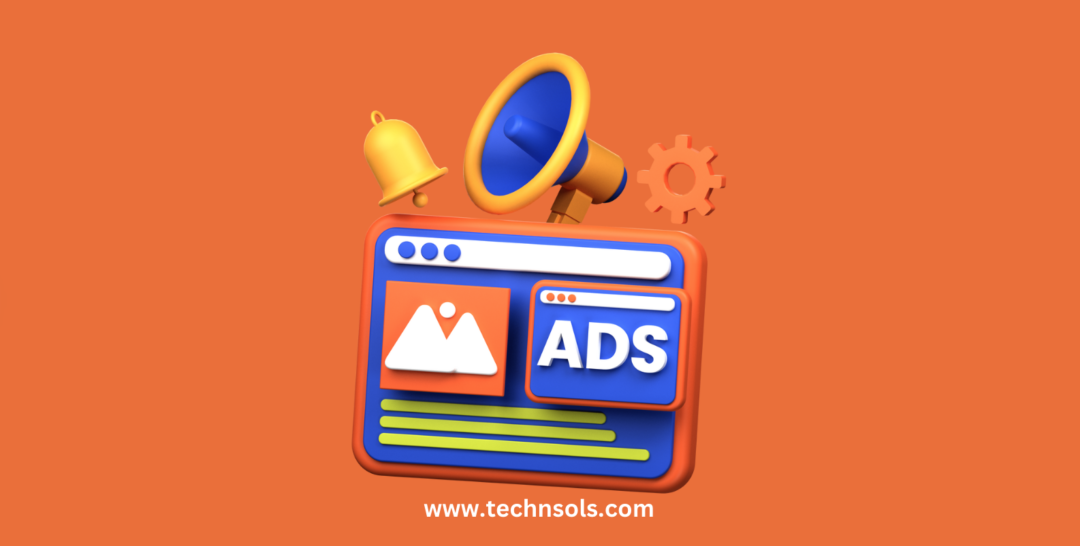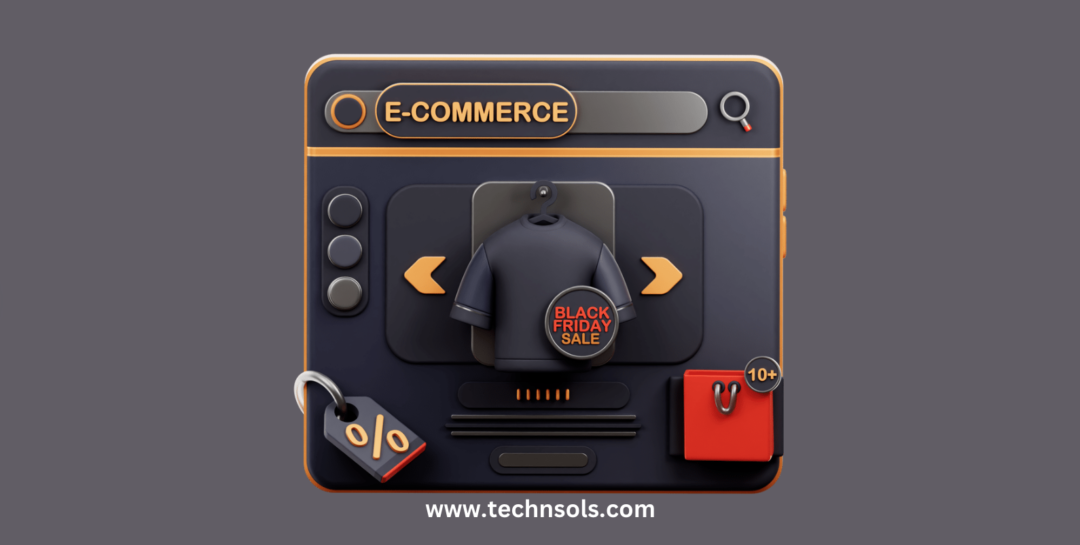Hey Folks!The insidious proliferation of modern marketing has become a important concern in current digital marketing age. With the rapid growth of advertising across all platforms, consumers are exposed to an overwhelming number of targeted ads throughout their daily lives. This continuous presence of marketing content, driven by advanced technologies and personalized tactics, raises questions about privacy, ethics, and its influence on consumer behavior.
In this article, we will explore the increasing reach of modern marketing, how it subtly shapes our decisions, and the challenges it presents for both consumers and businesses alike.
What Is The Insidious Proliferation of Modern Marketing?

The insidious proliferation of modern marketing refers to the subtle and sometimes deceptive tactics used to influence consumer behavior. In this context, “insidious” doesn’t refer to something overtly harmful or malicious but rather the covert methods that companies use to subtly push their products, often without the consumer realizing the extent of their influence.
Social media, once a platform for personal connection, has now become a space where influencers push products under the guise of “recommendations,” further perpetuating this cycle. The rise of Answer Engine Optimization (AEO) is another example, as businesses now focus on answering consumers’ queries directly in search results, subtly guiding them toward a purchase.
Introduction to Modern Marketing

Marketing has evolved drastically in the last two decades. What was once a field dominated by traditional methods like print ads and TV commercials has now expanded into the vast and ever-changing world of digital marketing. It’s now possible for businesses to target specific consumer groups with laser precision, thanks to SEO strategies, e-commerce SEO, and even social media.
As marketing has become more advanced, there is a hidden side that can be overwhelming and harmful. This article looks at how modern marketing works, highlighting both its advantages and the potential dangers, along with ways to address these challenges for both businesses and consumers.
Key Features of Modern Marketing
The Rise of “Ad Creep” in Modern Marketing

The phenomenon of “ad creep”—the relentless expansion of advertising into every conceivable space has raised significant concerns about privacy, consumer rights, and the overall quality of life. This invasive marketing trend is increasingly seen as insidious, as it pushes the boundaries of what many consumers deem acceptable. Here’s why “ad creep” has become such a pervasive issue:
1. The Growing Presence of Advertising
In today’s world, advertising is everywhere. From the moment we wake up to when we go to bed, we’re surrounded by ads—online, on TV, and even in unexpected places. It’s estimated that the average person sees over 3,000 ads each day, affecting everything from what we buy to how we see ourselves and relate to others. This constant exposure makes it hard to escape the influence of modern marketing.
2. How Technology Has Boosted Advertising
Modern marketing uses advanced technology to track and understand our behavior. Tools like neuromarketing and biometric scans allow advertisers to tailor ads to our preferences, often reaching deep into our subconscious. While this level of personalization can be effective, it can also feel intrusive, as these ads are designed not just to sell products, but to tap into our hidden desires, making us feel like we’re being constantly watched.
3. Legal and Ethical Issues with Advertising
As advertising grows, the laws meant to regulate it often lag behind. In some cases, ads have been placed in sensitive spaces like schools, raising questions about the ethics of targeting vulnerable groups, such as children. These types of intrusive marketing practices are pushing the limits of what’s acceptable, making it clear that current regulations need to be updated to address these concerns.
4. How Consumers Are Responding
Consumers are starting to push back against overly personal or intrusive ads. Many find personalized marketing to be unsettling, especially when ads appear in places where they didn’t expect them. This backlash shows that while personalization can increase engagement. Also, It can also make people feel uncomfortable and lead to negative reactions.
5. The Pressure Behind the Growth of Advertising
The demand for more advertisements is largely driven by economic pressures. As traditional advertising becomes less effective, companies are looking for new ways to grab attention. This has led to more aggressive marketing techniques. Which often cross boundaries in order to stand out in a crowded market. Also, This drive for visibility has fueled the rapid growth of “ad creep,” where ads invade more and more aspects of daily life.
Understanding Digital Marketing in the Modern Era

Digital marketing encompasses a wide range of tactics used to promote products or services online. It includes SEO strategies, social media marketing, paid advertising, and email campaigns. One of the core advantages of digital marketing is its ability to reach a global audience with minimal investment.
However, as technology continues to advance, businesses are now employing more sophisticated methods to track consumer behavior. Which often leads to a feeling of being constantly watched. The insidious aspect lies in the subtle manipulation of these tools to influence purchasing decisions.
SEO Strategies and Their Impact on Marketing

Search Engine Optimization (SEO) strategies have become a cornerstone of modern marketing. By optimizing content with relevant keywords, businesses can appear at the top of search engine results pages (SERPs). This is vital for driving organic traffic to websites.
However, SEO strategies can sometimes be manipulated to generate higher rankings without necessarily providing value to the consumer. This can create a situation where businesses with the best marketing tactics, rather than the best products, dominate search results.
E-Commerce SEO and Its Role in Today’s Market

E-commerce SEO refers to the process of optimizing online stores to appear higher in search engine results, ultimately driving more traffic and sales. With more consumers shopping online, e-commerce businesses have a significant incentive to optimize their websites for visibility.
This often includes using keywords in product descriptions, optimizing images, and enhancing site speed to provide a better user experience. However, the insidious side of e-commerce SEO is that it can sometimes lead to the promotion of low-quality products. If those products are better optimized for search engines.
The Importance of Local SEO

Local SEO is crucial for businesses targeting customers in specific geographical areas. By optimizing for local searches, businesses can ensure they appear in local search results, such as Google Maps and local business listings. This is especially important for small businesses that rely on nearby customers.
However, local SEO can also be exploited, as some businesses might prioritize optimization over genuinely serving their local community, leading to inflated claims about the business’s proximity or offerings.
Social Media Pyramid Scheme: A Rising Concern
The rise of social media influencers has opened up new avenues for marketing. However, some marketing practices on social media resemble pyramid schemes. Influencers are often paid to promote products, but the lines between genuine recommendations and paid promotions are often blurred. This can lead to a cycle where consumers are encouraged to buy products. Which are based on the influence of others, rather than the product’s intrinsic value.
Answer Engine Optimization (AEO): The Future of SEO
Answer Engine Optimization (AEO) focuses on optimizing content for direct answers in search engine results. As search engines like Google increasingly prioritize providing direct answers to user queries. AEO has become an essential strategy for businesses looking to stand out.
By optimizing their content for featured snippets and other direct-answer formats, businesses can capture the attention of searchers without requiring them to click through to a website. However, this can also mean that users get answers without engaging with the business further, limiting potential interactions.
Protecting Your Business from the Pitfalls of Modern Marketing

To protect your business from the risks of modern marketing, it’s important to focus on authenticity and transparency. Ensure that your SEO strategies are ethical, your social media presence is genuine. And your marketing tactics align with your brand’s values. By keeping your audience’s best interests at heart, you can foster trust and build a loyal customer base.
Pros and Cons of the Insidious Proliferation of Modern Marketing
Final Thoughts
The insidious proliferation of modern marketing is a complex issue that touches every aspect of digital interaction. From SEO strategies to social media marketing, businesses are using sophisticated tools to influence consumer decisions. While these strategies can drive growth, they also pose risks to consumer trust and market transparency. Also, By understanding these dynamics and focusing on ethical practices, businesses can navigate this complex landscape and ensure they provide true value to their customers.
FAQs About the insidious proliferation of modern marketing
How does the insidious proliferation of modern marketing impact consumers?
The insidious proliferation of modern marketing can lead to privacy concerns, as businesses gather personal data to create highly targeted advertisements. It may also affect consumer behavior by encouraging impulsive buying decisions based on tailored marketing messages.
What are the risks associated with the insidious proliferation of modern marketing?
The risks include the manipulation of consumer choices through overly personalized ads, invasion of privacy, and the constant bombardment of marketing messages, which can lead to consumer fatigue and resistance to marketing efforts.
How can businesses avoid the insidious proliferation of modern marketing?
To avoid the negative aspects of the insidious proliferation of modern marketing, businesses should prioritize transparency, ethical data usage, and balance personalization with respect for consumer privacy to build trust and loyalty.
What solutions can help control the insidious proliferation of modern marketing?
Solutions to control the insidious proliferation of modern marketing include stricter regulations on data collection, more ethical advertising practices, and ensuring that marketing strategies are transparent, respectful, and consumer-friendly.
